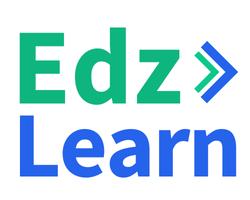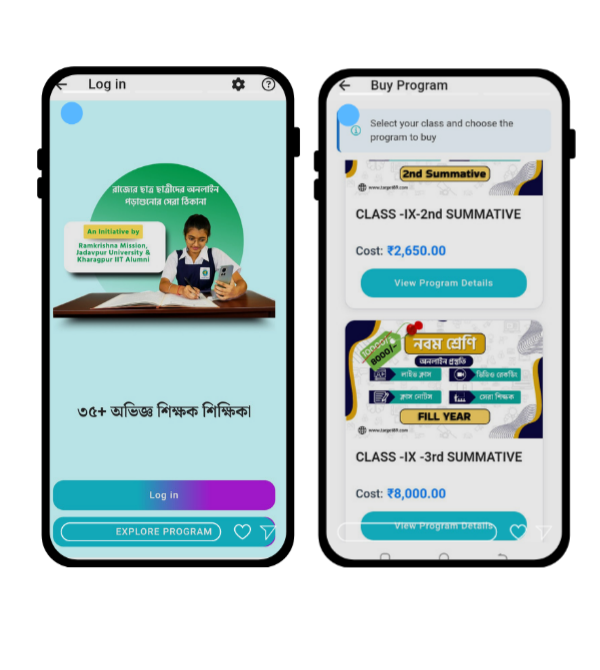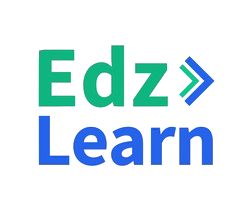The Digital Revolution: Future of Language Learning
In the vast ocean of education, technology emerges as our guiding North Star. Imagine a world where knowledge transcends borders, where learners thrive, and where possibilities abound. Welcome aboard the Learning Management System (LMS), our digital vessel navigating the waves of modern education. Let’s embark on a captivating journey to explore what an LMS truly is, how it shapes learning landscapes, and why it’s indispensable in today’s dynamic world.
What Is an LMS?
At its core, an LMS is a digital powerhouse, a virtual campus where instructors orchestrate the symphony of online education, and learners explore, engage, and grow. Let’s hoist the sails and delve into its key features:
Administration and Documentation: The Registrar’s Office in Cyberspace
An LMS handles the nitty-gritty course enrollment, schedules, and student records. It’s the administrative hub where paperwork transforms into pixels.
Tracking and Reporting: The Sherlock Holmes of Learning Analytics
Like a diligent detective, the LMS tracks progress, attendance, and performance. It unveils insights that guide educators toward effective teaching strategies.
Automation and Delivery: Content at Your Fingertips
With a few clicks, content – be it videos, quizzes, or interactive modules, reaches eager minds. The LMS bridges the gap between creators and learners.
Why LMS Is the Golden Snitch of Education?
Anywhere, Anytime Learning: Sipping Tea in Mumbai, Sharing Insights from New York
LMS-powered remote learning transcends borders and time zones. Students sip tea in Mumbai while professors share wisdom from the Big Apple. It’s education without geographical constraints.
Self-Paced Mastery: Rewind, Replay, Conquer
No more frantic note-taking during lectures! Learners set their pace. Rewind that complex concept, replay the explanation, and conquer it at their rhythm. The LMS becomes their patient tutor.
Instructor Independence: Liberating Creativity
Teachers transform into maestros. Freed from chalk dust, they curate engaging content. Lesson plans, quizzes, and discussions—all at their fingertips. Creativity flows like a river.
Individual Progress Insights: Whispering Secrets
The LMS nudges learners forward. “You aced that quiz!” it whispers. Or gently suggests, “Hey, let’s revisit algebra.” Personalized reports empower growth, a wise mentor in digital form.
Features of Language Learning That Spark Joy
Gamification: Calculus as a Quest for the Holy Grail
Turn learning into an adventure. Earn badges, compete, and level up. Suddenly, calculus feels like a thrilling quest, not a daunting equation.
Blended Learning: Where Shakespeare Meets Zoom
Mix digital and face-to-face interactions. Imagine Shakespearean sonnets discussed over Zoom. It’s the best of both worlds—a harmonious blend.
Mobile Accessibility: Inspiration Strikes at Bus Stops
Learning on the go, because epiphanies don’t wait for lecture halls. Whether on a train or at a bus stop, the LMS keeps knowledge within reach.
Certification Management: Graduation Vibes, Minus the Cap and Gown
Studying via an LMS feels like crossing the graduation stage. Certificates await, the culmination of your learning voyage.
Implementing Your LMS
Needs Assessment: Tailoring the LMS to Quirky Learners
Identify night owls and early birds. Customize the LMS experience accordingly. It’s like fitting sails to the wind.
Content Creation: Crafting Engaging Courses
Add videos, quizzes, and a dash of humor. Create courses that spark curiosity and ignite minds. The LMS becomes your canvas.
User Training: Handing Out Treasure Maps
Teach learners to navigate the LMS. It’s like giving them a treasure map, their guide to knowledge islands.
Feedback Loop: Listening, Adapting, Improving
Rinse and repeat. Listen to learners, adapt features, and improve the journey. The LMS evolves with each step.
The LMS: Our Guiding Compass
As we sail through digital seas, the LMS stands tall, a beacon of knowledge, a bridge to brighter futures. Dear reader, embrace it. Let the LMS be your compass, guiding you towards enlightenment, one pixel at a time.















